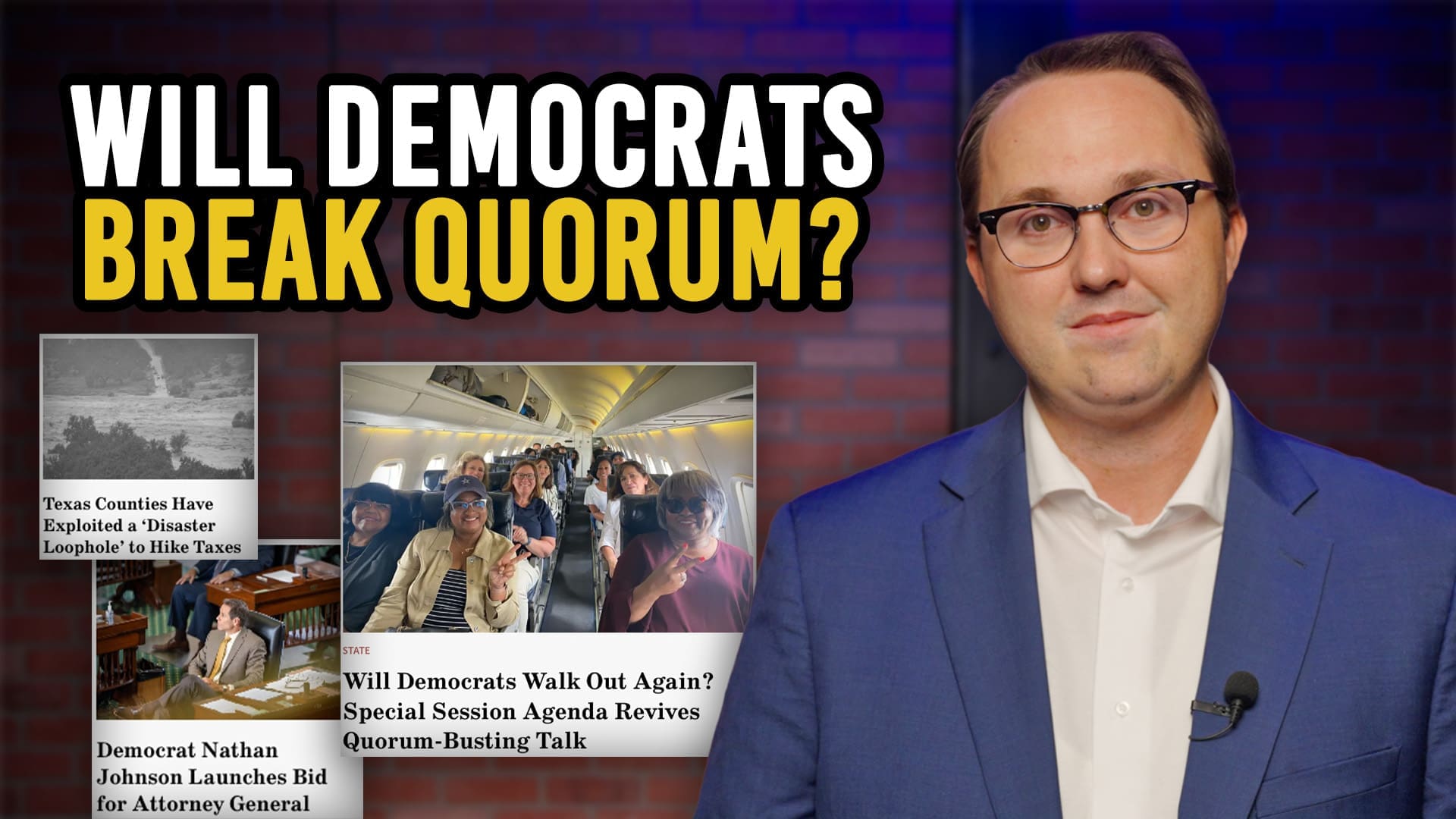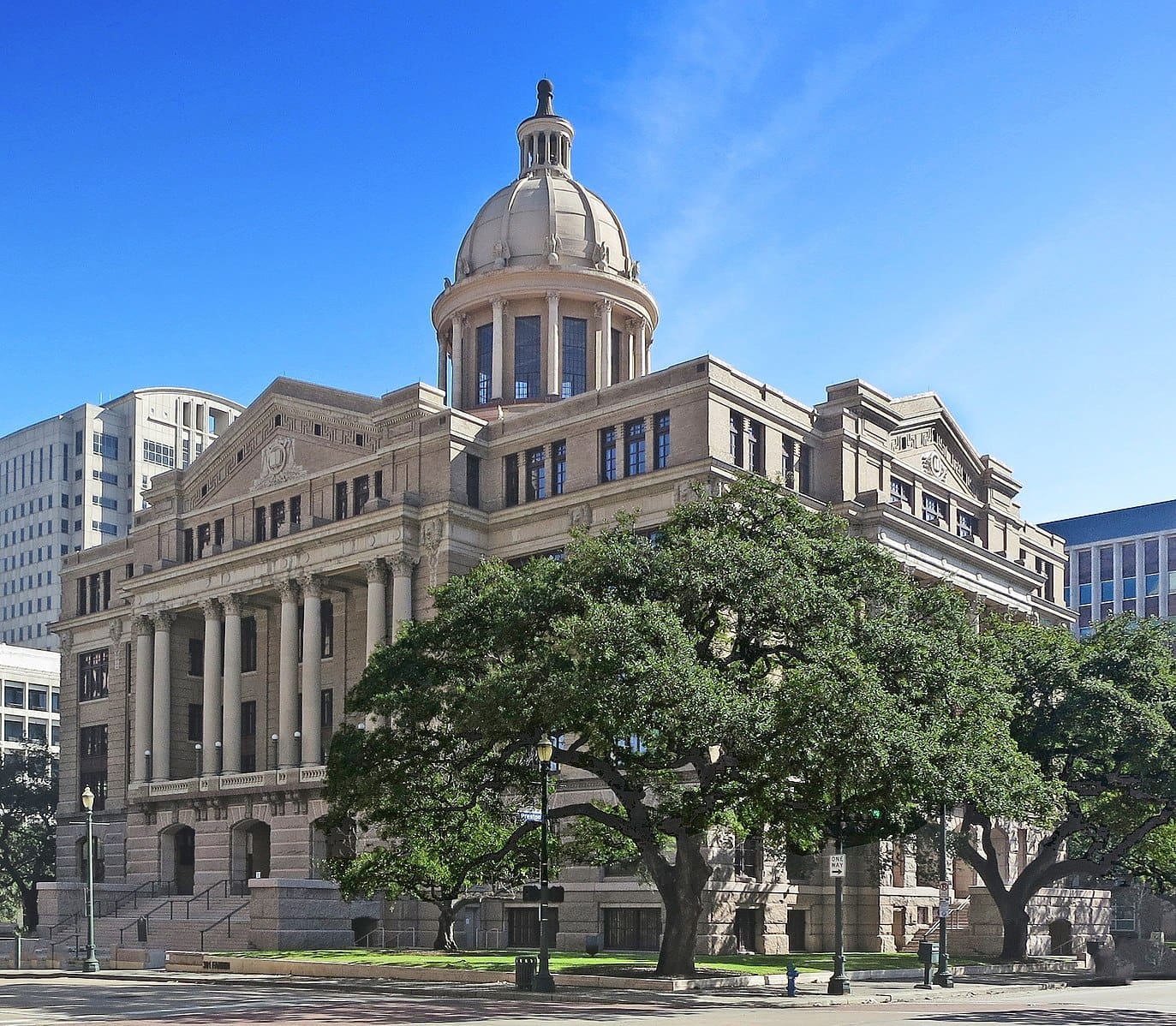After crisscrossing the state throughout the interim holding property tax hearings in city halls and college auditoriums, the Senate Select Committee on Property Tax Relief & Reform released their report of recommendations for this upcoming session.
The seven-member committee, chaired by State Sen. Paul Bettencourt (R-Houston), examined interim charges handed down from Lt. Gov. Dan Patrick on a host of issues involving reforming the property tax system and providing relief, or savings, to taxpayers. They held eight hearings in eleven months welcoming taxpayer and expert testimony on ways to reform the system. The longest of the hearings was in Arlington and lasted over eleven hours, while the most attended was in Houston with 600 attendees.
The charge to examine was,
“Study the property tax process, including the appraisal system, and recommend ways to promote transparency, simplicity, and accountability by all taxing entities; and examine and develop options to further reduce the tax burden on property owners.”
The committee came up with five recommendations for the legislature to act on:
- Repealing the current petition driven rollback process – the current rollback petition process requires between 7 and 10 percent of registered voters’ signatures, making the process nearly impossible in larger cities.
- Require automatic tax ratification elections, when necessary, on uniform dates and locations in November – local taxing entities that have rollback, tax ratification, or bond elections do not use the county election office to administer the election and because of that they don’t have to comply will all state and federal election requirements as they would in general elections such as polling location selection or use of electronic voting.
- Reduce the 8 percent growth limit in the rollback tax rate calculations to 4 percent or lower – many cities, counties, and special districts already tax below the 8 percent rollback rate limit and would be unaffected by the reduction, but taxpayers would be protected from any significant increases without voter approval.
- Simplify the calculations used to generate the rollback tax rate as well as calculations in the Truth in Taxation process – the current process to determine effective and rollback tax rates is about 40 steps long and requires information not readily available to the public.
- Simplify and adjust the tax year calendar and align it with Election Code requirements – the Property Tax code does not always align with the Election Code for deadlines for ballots to be printed and distributed to overseas service members or at select polling locations.
There are over 4,000 taxing entities in the State of Texas making it nearly impossible for the average taxpayer to keep up with every entity, election, or tax increase in their jurisdiction. Collectively, these entities impose the fifth highest median property tax rate in the country at $2.17 per $100 and growing.
With the complexity of the system it is in the best interest of taxpayers for the legislature to simplify and consolidate these processes allowing for much needed relief for all Texans.




